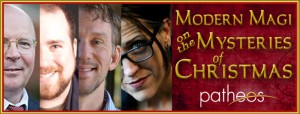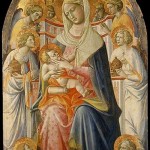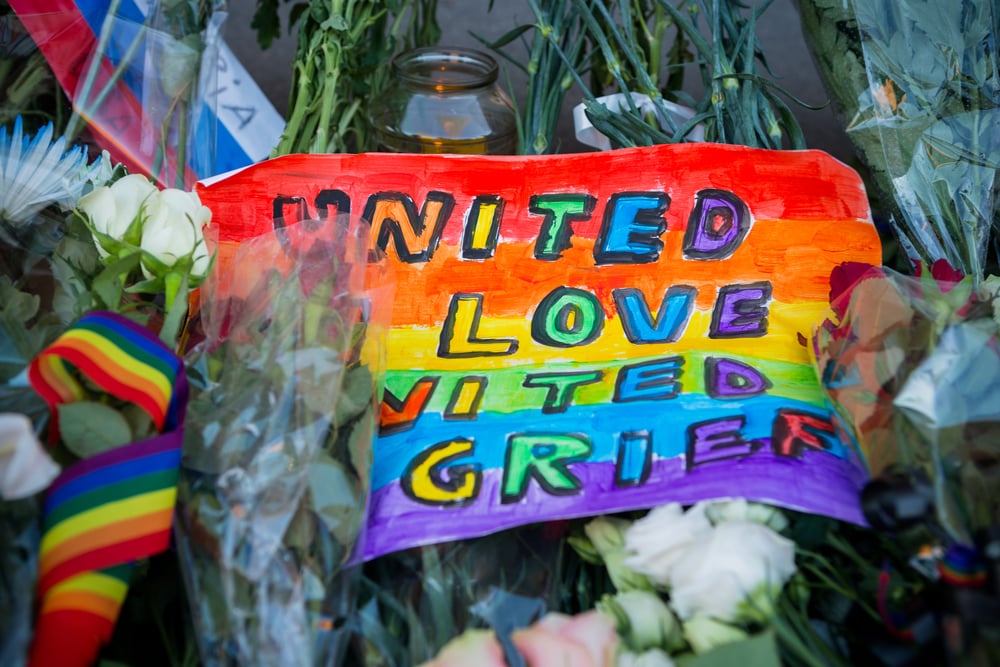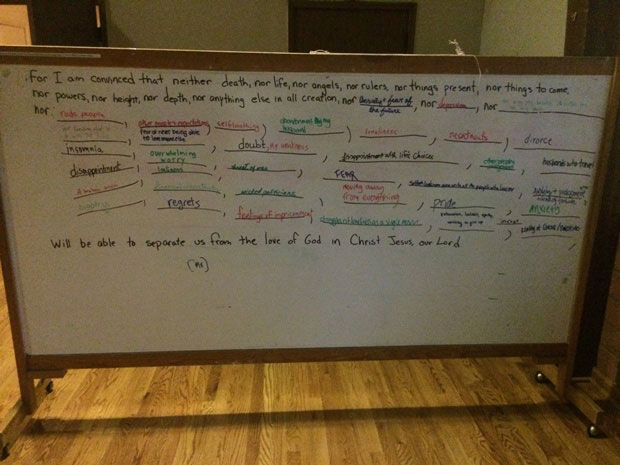 This post is taken from the un-edited manuscript of the book I’m working on and is part of a special Patheos conversation: “Modern Magi on the Mysteries of Christmas,” featuring myself, Scot McKnight, Kyle Roberts, and Billy Kangas.
This post is taken from the un-edited manuscript of the book I’m working on and is part of a special Patheos conversation: “Modern Magi on the Mysteries of Christmas,” featuring myself, Scot McKnight, Kyle Roberts, and Billy Kangas.
If I asked 100 people the question, who brought gifts to the Christ child, how many people were there, where were the people from and where did they bring their gifts to…inevitably people would respond: Well, three kings from the orient brought the baby Jesus gifts in the manger. And everyone around would likely nod their heads and say “yep. that sounds right”. Three kings from the orient bringing gifts to Jesus in a manger is a charming story but it’s not actually the one we find in the Bible.
A closer reading of Matthew shows that we have no idea how many people there were, we don’t know how far east they came from, was it the Orient … was it New Jersey? When they found the child they entered not a stable or a barn with a manger but a house and most importantly, they were definitely not kings. They were Magi as in, magicians; and not the cute kind you hire for you kid’s birthday party. More likely, they were opportunistic, pagan, soothsaying, tarot card reading astrologers. Yet history made them out to be kings, maybe because the reality that they were magicians is too distasteful, since no one wants the weird fortune teller lady from the circus with her scarves and crystal balls to be the first to discover the birth of our Lord. So the story has been “nicened” up into an idealized picture of multi-cultural diplomacy.
This couldn’t be more ironic, turning the Magi into kings, like we are doing them some great favor, because honestly everything in Matthew’s story of the birth of Jesus is decidedly anti-king. I mean, there is a king in that text, but it’s Herod: a scheming, frightened, insecure, troglodyte who puts a hit out on a toddler. This is what the text has to say about kings.
But the Epiphany story of Herod and infanticide reveals a God who has entered our world as it actually exists, and not as the world we often wish it would be. Because God’s love is too pure to enter into a world that does not exist.
I wonder if we’ve lost the plot if we use religion as the place where we escape from the difficult realities of our lives instead of as the place where those difficult realities are given meaning. Of course, there are many ways of pretending shit ain’t broke in ourselves and in the world, but escapist religion is a classic option since at church we have endless opportunities to pretend everything is fine.
But when we find ourselves in a world where we see up-to-the-minute images of human suffering, we simply cannot afford any more fucking sentimentality in Christianity. Not one more soft-focus photo of a dove flying in front of a waterfall with an inspirational verse on a coffee cup, not one more over-produced recording of earnest praise music, not one more Thomas Kincaide painting. I don’t think Jesus would abide this ignoring of reality in favor of emotional idealism and I know for sure we cannot afford it. Not when we live in a world where suffering is as real as it was when Jesus was born and people are longing for something to help make sense of their suffering. Sentimental images of Santa kneeling at a manger are not helping us make sense of the world as it actually exists.
Because any sentimentalization of the grittiest, harshest, most naked realities around us just isn’t honest. It’s not honest about ourselves. It’s not honest about God and it’s not honest about our world. Not when we live in a world where in 2012, eleven days before Christmas, Adam Lanza walked into Sandy Hook Elementary School and slaughtered innocent children. Suddenly, in the middle of “Christmas Season,” drummer boys and blinking lights and cheerful music felt mocking and out of place and, no one was in a cozy “Christmas mood”.
The risk some of us Christians can run if we do not know our own story (or when it is so overly-familiar we stop paying attention to it) is that we start to think that Christianity has only warm sugar cookies and hot cocoa to offer during the Christmas season and nothing to offer as we witness children slaughtered in their school rooms.
And what is precarious about Biblical illiteracy surrounding the Christmas story is not that we unblinkingly place shepherds and magi together at the birth of Jesus (characters from two totally different narratives, spaced apart by years), it’s that we don’t know to place Herod there.
We may be used to hearing some Christians say “let’s keep Christ in Christmas” but my friend Joy Carol Wallis wrote an essay called “Let’s keep Herod in Christmas,” and I have to say, I’m with her, because the world into which Christ was born was certainly not one of a Normal Rockwell painting. The world has never been that world. God did not enter the world of our nostalgic silent-night, snow-blanketed peace-on-earth sugar cookie suspended-reality of Christmas. God slipped into the vulnerability of skin and entered a world as violent and disturbing as our own. Here in this Christmas story, the story of Herod, there simply is no mistletoe and reindeer. This Christmas story of a despotic ruler slaughtering children out of little more than his personal insecurity somehow never makes it onto wrapping paper or Christmas cards, yet the slaughter of the Holy Innocents is as much a part of the Christmas and Epiphany story as are shepherds and angels. So the first Sunday of Christmas in 2012, I preached that. But it wasn’t enough. We also had to remember the dead.
I stood in front of my congregation that day and prayed the names of dead teachers and children, our intern Alex solemnly struck a bell for each of them. “Charlotte Bacon, 6” A bell rings. “Daniel Barden, 7” another bell. “Olivia Engel, 6” the vibration from each bell felt as though it was shaking my insides so hard that images are escaping from deep in my mind of every 6 year old I’ve ever known and with each bell strike I see them laying in a classroom corner.
I couldn’t read the final name on the list right away, since it took me a minute to reach deep enough into my theological convictions in order to find the mercy to do so since I didn’t have much of my own to offer. I had been so intensely focused on telling the truth about the kind of world that God entered that I had forgotten in my sermon to actually mention why God entered it. If I couldn’t also speak the truth that God came to us in Jesus Christ in order to save us, that God created us in God’s image and that lives we’d rather extinguish are still precious to their maker, and that the North Star that so brightly lit the way for the Magi to find the Christ Child shone for them and Herod and myself and Charlotte Bacon and the sick young man who killed her, then I really had no business mentioning anything at all. So I dug deep to speak the truth of God. “And in obedience to your command to love the enemy and pray for those who persecute us” my voice cracked as if the courage was draining out of it. “Adam Lanza, 20” Another, final bell ring.















